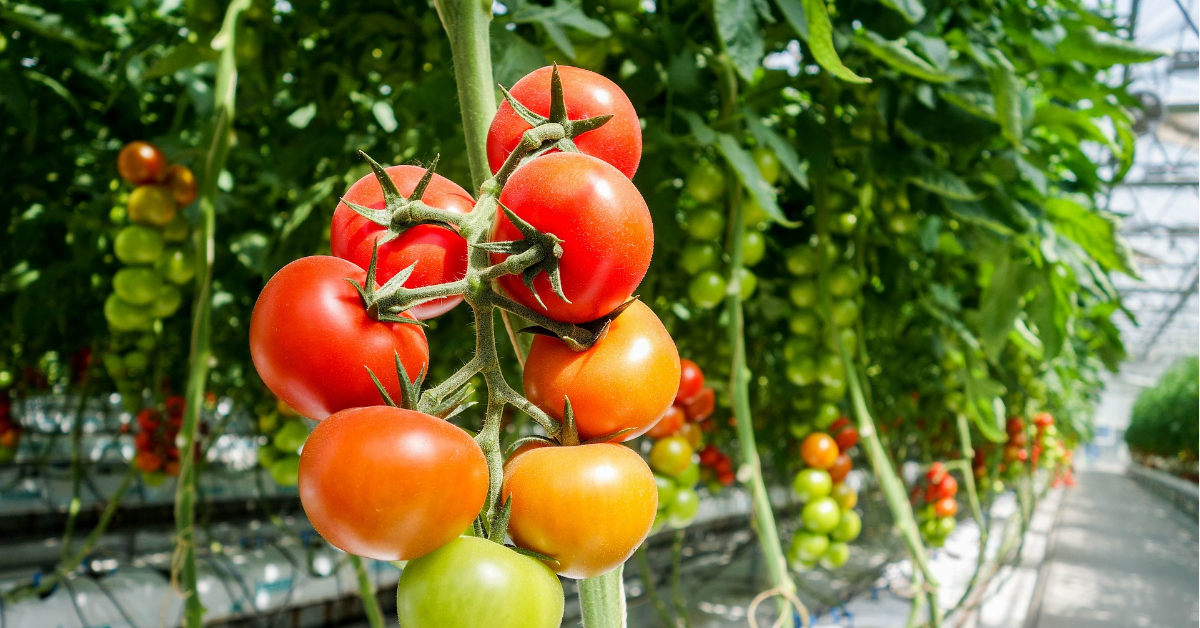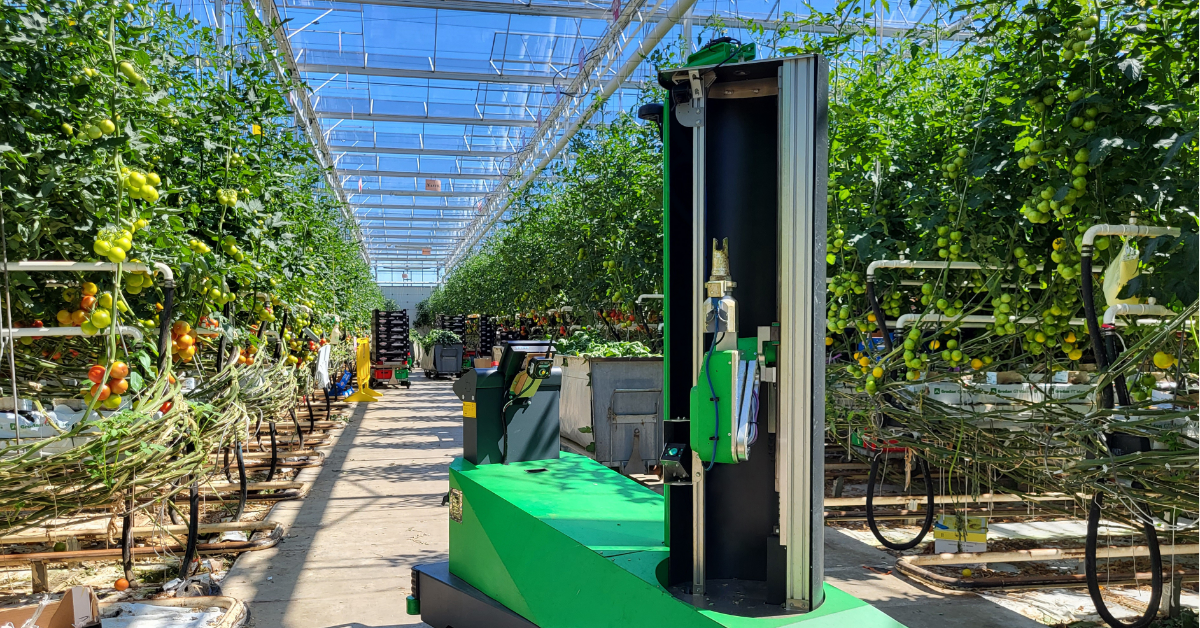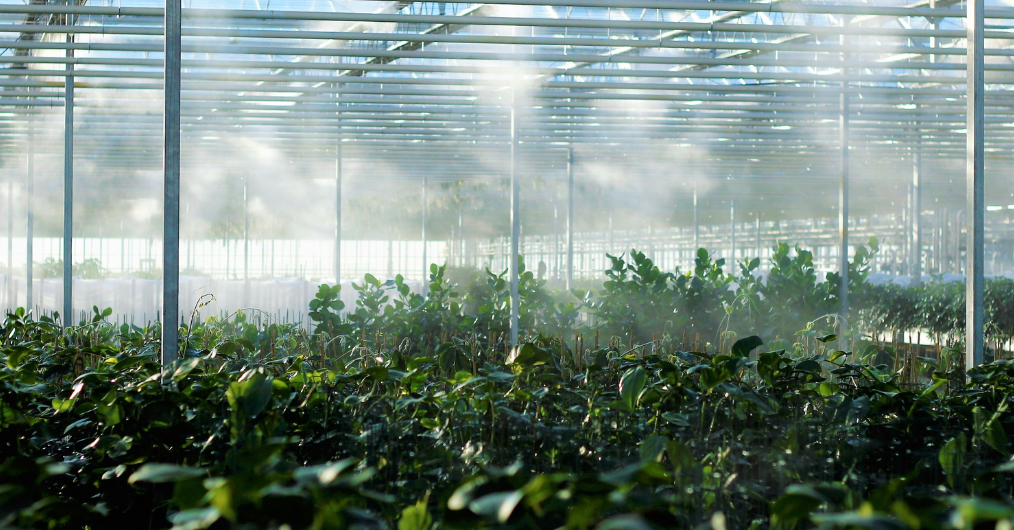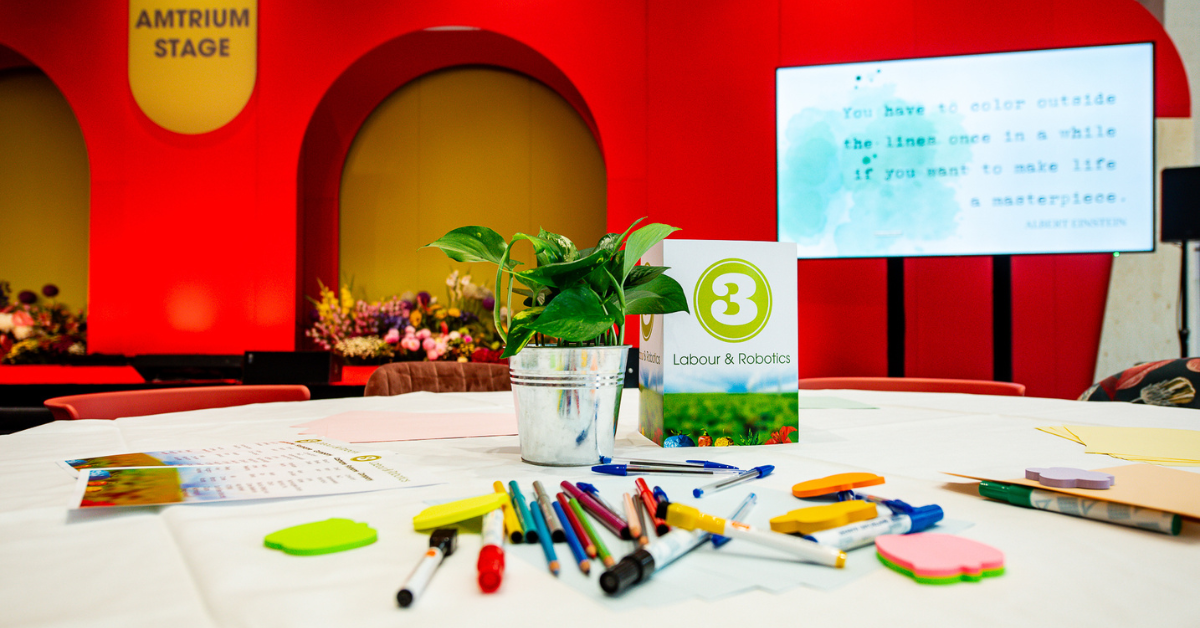Agri-OpenCore robotics project to ease labour crisis
 Author: Rachel Anderson
Author: Rachel AndersonAgri-OpenCore robotics project to ease labour crisis
This April (2023) has seen the launch of Agri-OpenCore – a three-year project that is striving to accelerate the delivery of robotic harvesting systems. The Agri-OpenCore team plans to achieve this by building an open development platform for agri-robotic harvesting – an innovation that’s being billed as a “world first.”
Speeding up the process
One of just three projects to be chosen for a share of £9m funding from the UK’s Department for Environment Food and Rural Affairs’ Farming Innovation Programme, Agri-OpenCore is being carried out by a team of several organisations. These include the Institute of Agri-Food Technology (LIAT) at the University of Lincoln, APS Produce – the biggest tomato producer in the UK, and the UK-based robotics companies Dogtooth Technologies, Wootzano, and Xihelm.
This intrepid team notes that there is currently no robotic harvesting system that can match the speed of human picking. Agri-OpenCore, therefore, aims to make progress in this area by cutting the time and cost of developing a robotic harvesting system that is as efficient as human picking.
To achieve this, Agri-OpenCore is creating an innovative open development platform for agri-robotic harvesting. This platform will facilitate the development of commercial robotic systems for tomato and strawberry harvesting that will, states the team, achieve human-picking-cost-parity in just two years.
Dr Grzegorz Cielniak, associate professor at the Lincoln Agri-Robotics Centre and principal investigator for the University of Lincoln, notes that, crucially, the platform will make standardised access to core robotic software and hardware components possible – enabling rapid adoption by the industry and academia. This in turn will lead to the faster adoption of more reliable robotic technology in horticulture and agriculture.
Dr Cielniak says: “The standard will offer reusable software components to companies who can adopt those into their robots with minimal effort without the need for developing, testing, and validating these components on their own. The companies can focus their resources on the unique features of their products instead.”
He adds: “Such a strategy will lead to step changes in farming productivity and help to alleviate global problems with the availability of a workforce in the sector.”
Autonomy, perception, and safety
The University of Lincoln team is working on the standardisation of the framework – as well as on the development of its autonomy, perception, and safety components.
Dr Cielniak explains: “These are key components for autonomous robots to operate without human intervention and in a safe way. Autonomy enables the robot to move around the farm from one place to the other, the safety component enables collision-free movement which, in case of unexpected obstacles (human pickers, left fruit crates, etc.), either directs the robot in a different direction or stops the robot completely. And perception enables the robot to see and recognise key objects, such as pickable strawberries or hard obstacles such as tables in which plants are grown.”
Demonstation crops – strawberries and tomatoes
Dr Cielniak also reveals that strawberries and tomatoes are the chosen crops for the Agri-OpenCore project because they are high-value crops (their cost but also economic gains from production are high). Moreover, they are an important part of the overall UK fruit production industry. He adds that having two different crops enables the Agri-OpenCore team to demonstrate the more general capability of the robotic technology (and the standard itself).
With that in mind, Agri-OpenCore is seeing Dogtooth develop strawberry-picking robots, Xihelm working on tomato-picking robots, and Wootzano focussing on robotic tomato-packing robots.
“Each partner will develop a demonstrator of the technology, validate it at scale in farm, and contribute to the growth of the open core standard,” he says.
Grower Phil Pearson, group development director, APS Group, adds: “The Agri-OpenCore robotics project is an exciting, and vital, project for the fresh produce industry. As this work brings leading technology providers, Dogtooth, Xihelm and Wootzano, with the academic excellence of the University of Lincoln team, we can expect significant progress towards autonomous harvesting.”
With the current lack of seasonal labour leading to many horticulture crops going unpicked, the need for picking robots has arguably never been more important – and hopefully, the Agri-OpenCore project will successfully help address this need for the UK and wider global horticulture sectors.
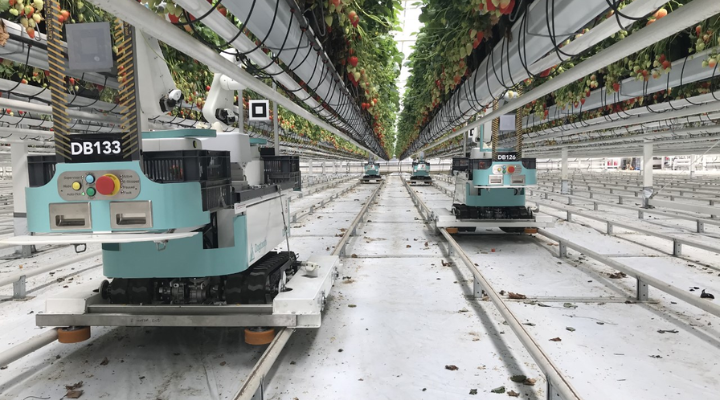
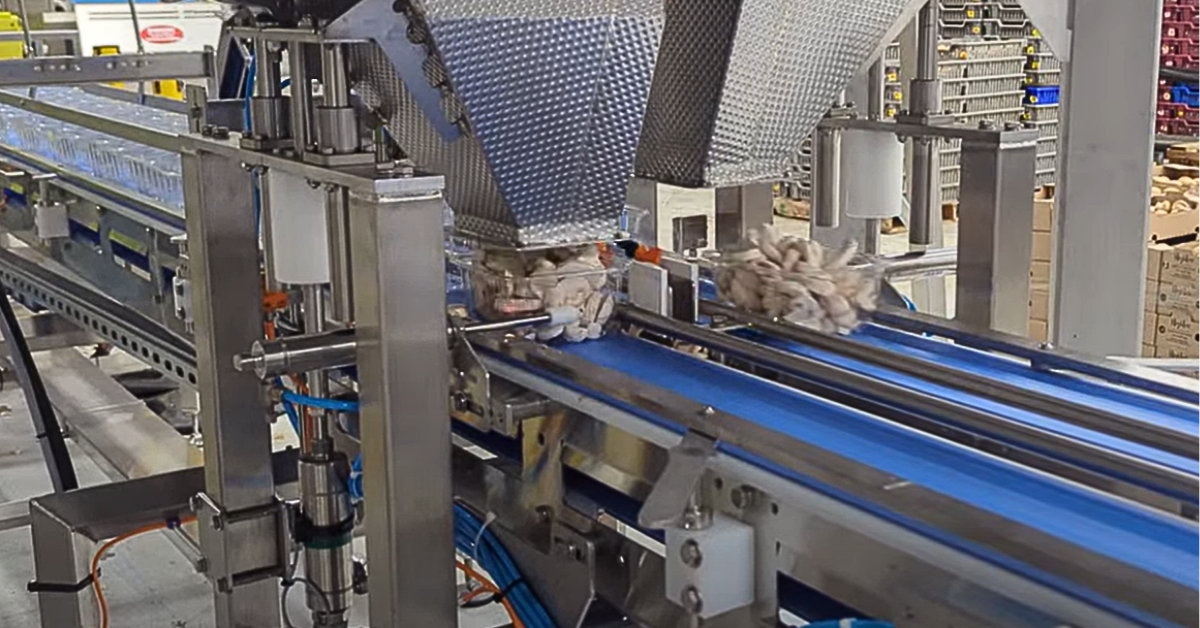
.png?h=628&iar=0&w=1200)


